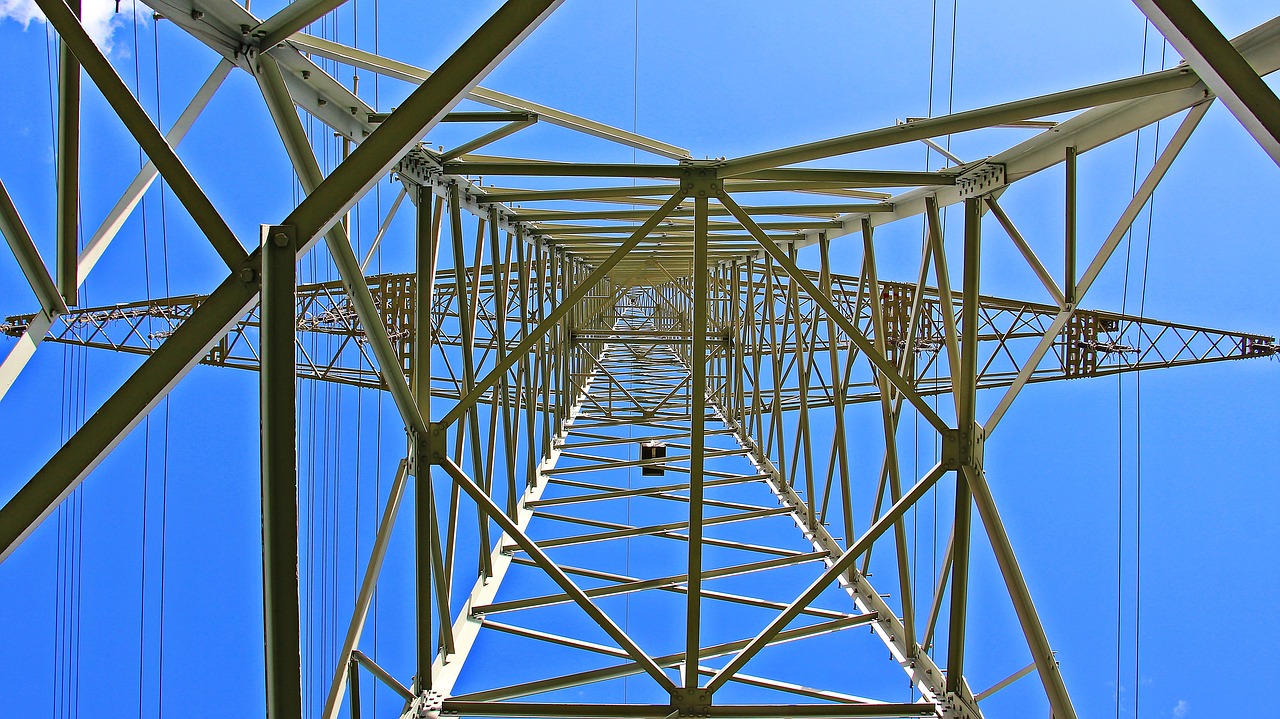
Energy supply and consumption
Sector coupling is an essential cornerstone of the energy transition in order to harness the different flexibilities of the electricity, gas, heat and transport sectors. In this area, which has a large number of new business areas to offer, it is precisely the interfaces between the different sectors that are subject to very different legal frameworks that are important. The application areas of sector coupling include power-to-gas (PtG), power-to-heat (PtH) and power-to-liquid (PtL).
Through the consistent implementation of sector coupling and the use of electricity storage, fluctuating renewable energies such as solar and wind energy can be converted into another form of energy and do not have to be regulated. In this case, the deregulation can be caused by the grid, but also, for example, by negative electricity prices on the electricity market. In these cases, under certain conditions, the entitlement to subsidies under the Renewable Energy Sources Act (EEG) lapses.
The change from one sector to another – e.g. from electricity to heat – can raise various legal issues, starting with the grid connection, the incurrence of taxes and state-based levies (EEG levy, electricity tax, offshore liability levy, KWKG levy, levy according to § 18 para. 2 AbLaV, levy according to § 19 para. 2 StromNEV, concession levies, etc.). Furthermore, exemptions, e.g. from grid charges and the respective levies, must always be examined in order to make a long-term investment in such a project viable.
The individual supply relationships must also be clearly mapped. For example, the heat source that feeds into a district heating network would probably mean that the district heating supplier would have to adjust the price adjustment clause with its end customers in accordance with § 24 AVBFernwärmeV, as the market and cost elements change in relation to the previous heat supply. In order for the EEG levy to be reduced by means of self-supply, it would also have to be ensured that the electricity producer and the electricity consumer are identical, i.e. the electric boiler or the heat pump must be operated by the same natural or legal person.
In addition to regulatory issues arising from the different legal regimes, the drafting of long-term supply contracts is one of our main tasks. However, land use contracts for the laying of pipelines – both on private and public-law land, the agreement of cooperation contracts and advice on joint ventures are further fundamental activities of our lawyers. In this context, we are happy to advise project developers, financiers, energy supply companies, operators of district heating and electricity grids, contractors, heat suppliers, plant operators, land owners and end consumers.
Please feel free to contact us with any questions regarding this promising business field.

